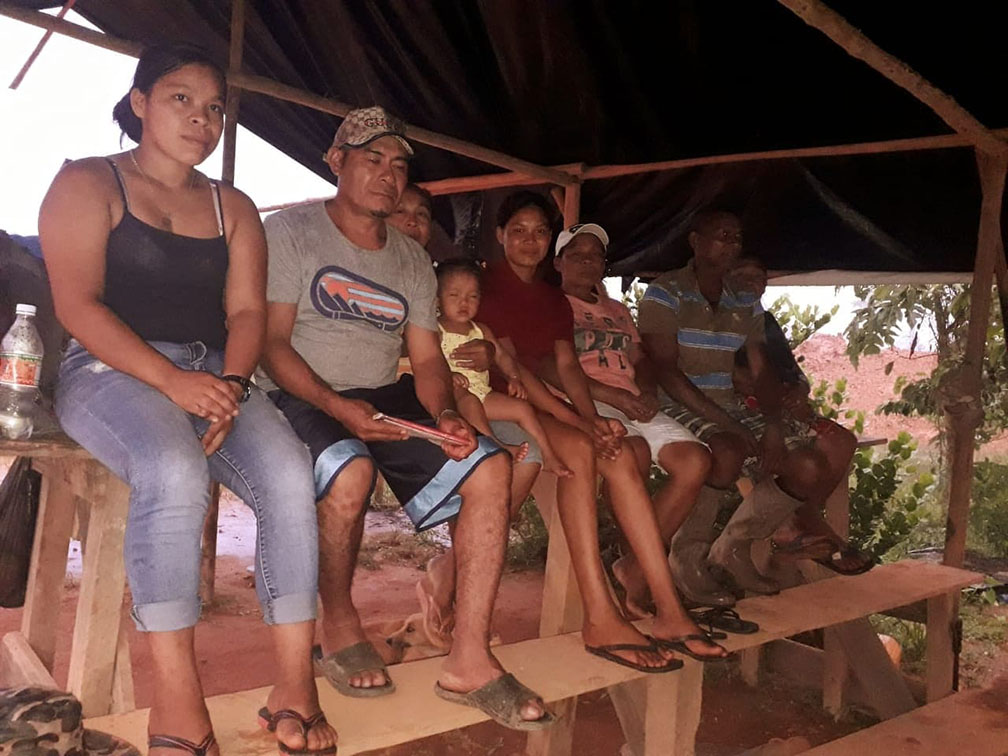April 12 ,2021
Kaieteur News – Oil will come and go. But if a country truly intends to capitalize on this resource in the long term, its best bet would be to invest its earnings from the new resource, in the nation’s traditional agriculture sector.
This is according to Dr. Terrence Blackman, Associate Professor of Mathematics at the Medgar Evers College, New York, USA during a recent interview with Kaieteur Radio’s, Guyana’s Oil and You moderator, Kiana Wilburg.
She was at the time enquiring into Professor Blackman’s views on the matter of diversification of the country’s earnings base using its newfound oil and gas wealth.
Professor Blackman noted, that while he thinks agriculture is an important Sector, it has not always been an appealing prospect for very many people in the country.
Be that as it may, the US-based Guyanese said it must be recognized that the food import bill for the region alone, represents an enormous opportunity for the country. Professor Blackman recalled that at the time he addressed his mind to the matter of Guyana’s spending of its oil resources, the regional food import bill was some US$4B.
He posited that were Guyana to tap into just 10 percent of that, it would mean earning some US$400M annually and that this, “is the opportunity we have as a nation at this moment; we have this money but this money is not going to last.”
Professor Blackman qualified his position by underscoring that when the oil operators in the Stabroek Block have depleted the reserves, it would not be replenished.
“Once they take the oil, we can’t replace it,” he said, then following by explaining that, “it’s taken millions of years for this oil to be there so once you use it, that’s it; now you have these pieces of paper (money) in a federal reserve bank.”
With this in mind, Professor Blackman suggested, “the bet we have to make is on agriculture and if we can do agriculture right, then I think we can really, we can beat the resource curse.”
Further cementing his argument and calling for a clear plan to be developed with regards to how the country intends to spend its oil and gas earnings, Professor Blackman underscored the size of the nation’s arable land that is available for agriculture, in addition to the fact that, “we are not a very densely populated place.”
He also pointed to questions of climate change and renewable energy that have to be factored into any long term spending plan to be implemented.
Underscoring the world’s shift towards cleaner energy sources, he posited “We are at this moment where it’s tipping; we have to take this money and use it as an opportunity to pivot to something else.”
According to Professor Blackman, any decision taken for pivoting to something else will ultimately have to be lived with by the Guyanese populace but, “for me I see agriculture as the way.”




